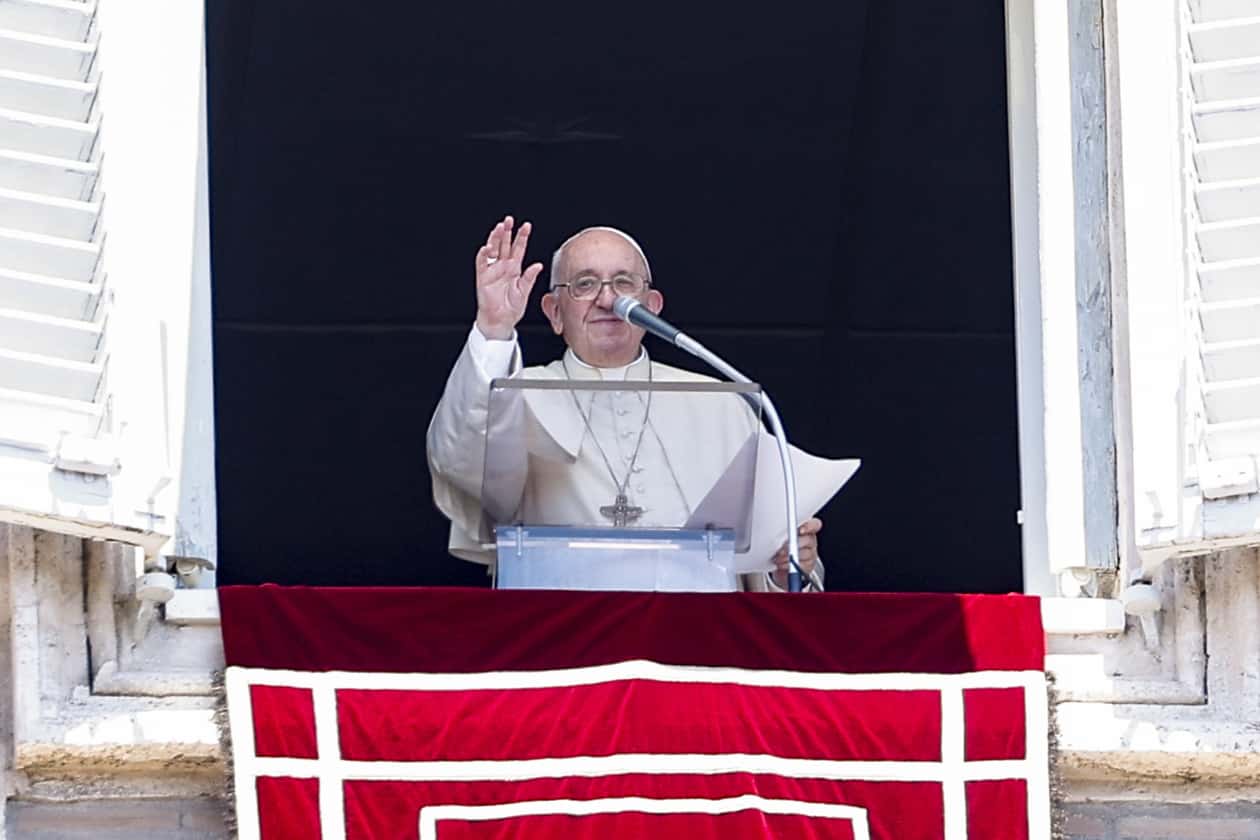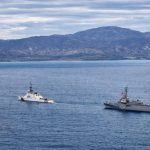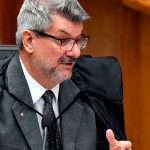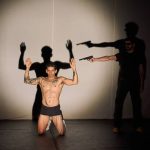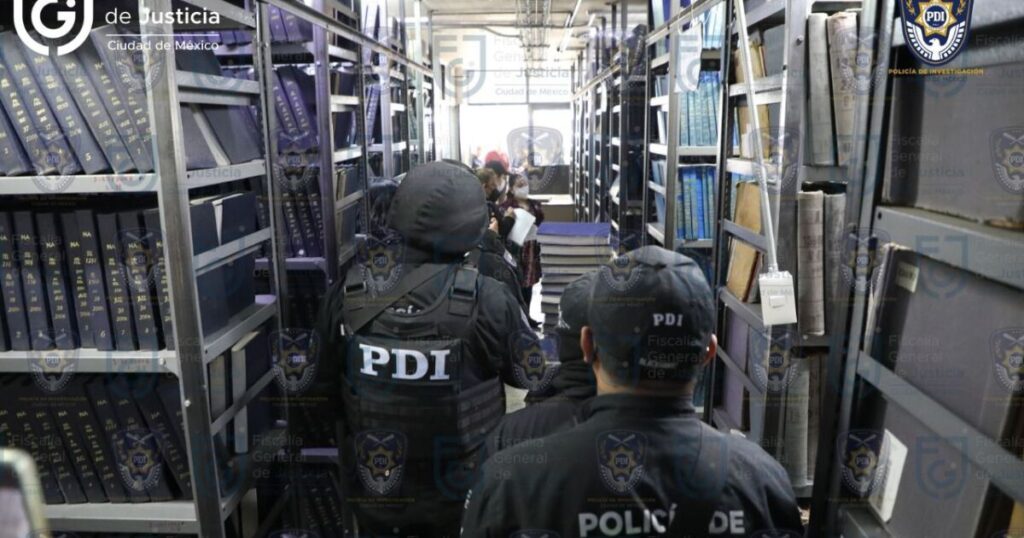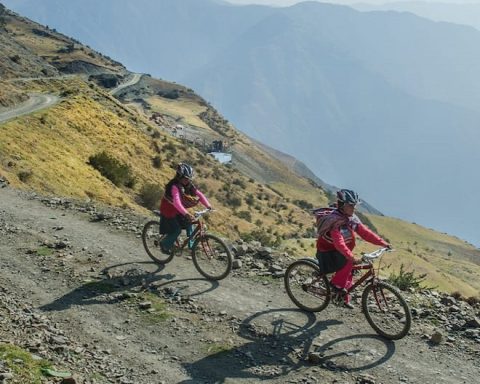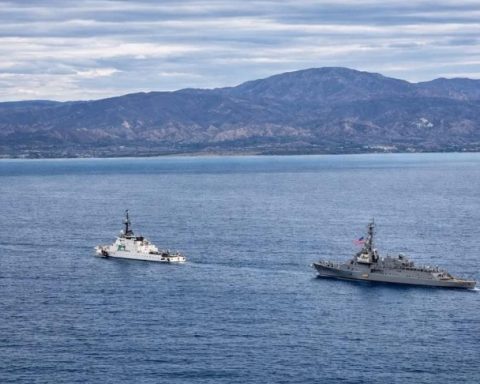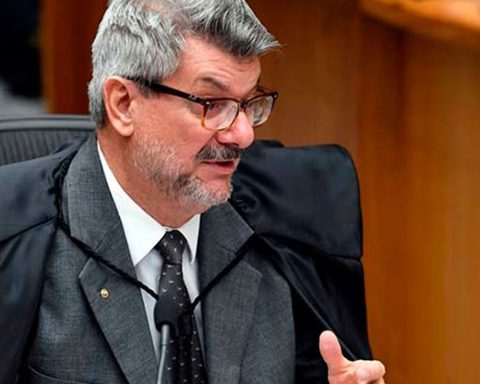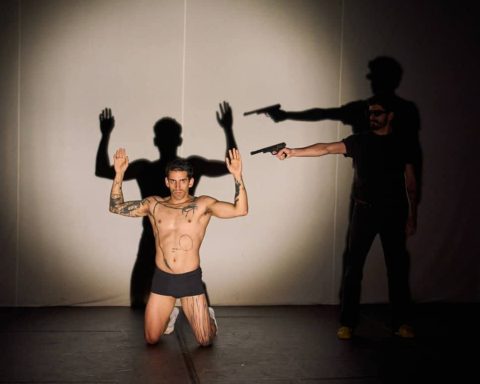Rodrigo Guerra López, Secretary of the Pontifical Council for Latin America, assured, after the assault on the Episcopal Curia of Matagalpa and the kidnapping of Monsignor Rolando Álvarezunder house arrest in Managua, that Pope Francis is “super aware” of what is happening in Nicaragua and clarified that his silence “it does not mean inactivity or lack of decision, no, none of that; it means that they are working on other planes. And the moment the Holy Father sees fit, of course, he will have an intervention“he declared to the Catholic media outlet Aleteia.
Guerra stressed that the Nicaraguan scenario is complicated. Although there is no apostolic nuncio -Ortega expelled the nuncio Waldemar Stanislaw Sommertag last March-, he assured that “the diplomatic operation with his equivalent is ongoing through Cardinal -Leopoldo- Brenes and some other people, myself included. We are involved in the matter, ”he asserted without giving more details.
Seven hours after the police raided the Episcopal Curia of Matagalpa, where Monsignor Álvarez and eight other people were held for 15 days, he assured in a press release that the bishop was being held at home, and that he had been visited by the Cardinal Brenes with whom he had talked “at length.”
Until noon this Friday, the Episcopal Conference of Nicaragua (CEN) has still not ruled on the direct attack against Álvarez and the rest of the people – four priests, two seminarians and a layman – who were transferred to the Directorate of Judicial Assistance, El Chipote for “inquiries”.
The Santa Sente official did not rule out that this Sunday, when the Pope presides over the Angelus, he may issue his first comment on Nicaragua.
“Attentive to the prayerful silence of the Pope, which is never an apathetic silence, but rather the silence of a pastor who watches over his people before ideological positions,” he told Aleteia.
Vatican diplomacy
The silence of the Holy Father has been questioned by different national and international groups in the face of the onslaught of the Ortega regime against the Catholic Church, which has involved desecration of Catholic temples, arrests and siege of priests, harassment and threats against priests and prohibition of processions. Guerra explains that in a context of tension like that of Nicaragua, “there are groups that are polarized and believe that courage is identified with hyper-prominence and exaltation. And it is not like that”.
Above all, says Guerra, one must “be concerned that the people are not sacrificed or harmed. And a fiery statement in these contexts can easily lead to undesirable consequences,” he asserted.
On August 17, 26 former heads of state and government from Latin America and Spain asked Pope Francis for a “firm stance in defense of the Nicaraguan people and their religious freedom” by means of a letter. The Holy See official explained that the fact that there is no public statement from the Pope does not mean that the Holy See is abandoning the Nicaraguan bishops or is becoming “an accomplice of the dictatorships.”
“That the Pope in particular does not speak out publicly does not mean that there is no follow-up, attention, care and work,” he said.
The Pope’s silence is also linked to the timidity of the Episcopal Conference of Nicaragua (CEN), which in the midst of the avalanche of attacks against the Church and the bishops, have only expressed their solidarity.
Guerra told Aleteia that “the role of pastors, including that of the Pope, is to promote reconciliation and fraternity. And the Pope, in particular with great prudence, does so, so that the consequences of his actions cannot be interpreted in an ideological way”.
The sociologist Elvira Cuadra, also director of the Center for Transdisciplinary Studies of Central America (Cetcam) explained in an interview with the program Tonight, that the Ortega regime is only leaving three ways out for the Catholic Church: the silence that self-censorship implies; banishment or exile, and prison.
The Pope directed in 2019 the departure of the auxiliary bishop of Managua, Monsignor Silvio José Báez, to protect his life from the threats of Ortega mobs. Báez has been in exile for three years. The repetition of this scenario is not totally ruled out, several specialists have pointed out regarding the situation of Monsignor Álvarez.
